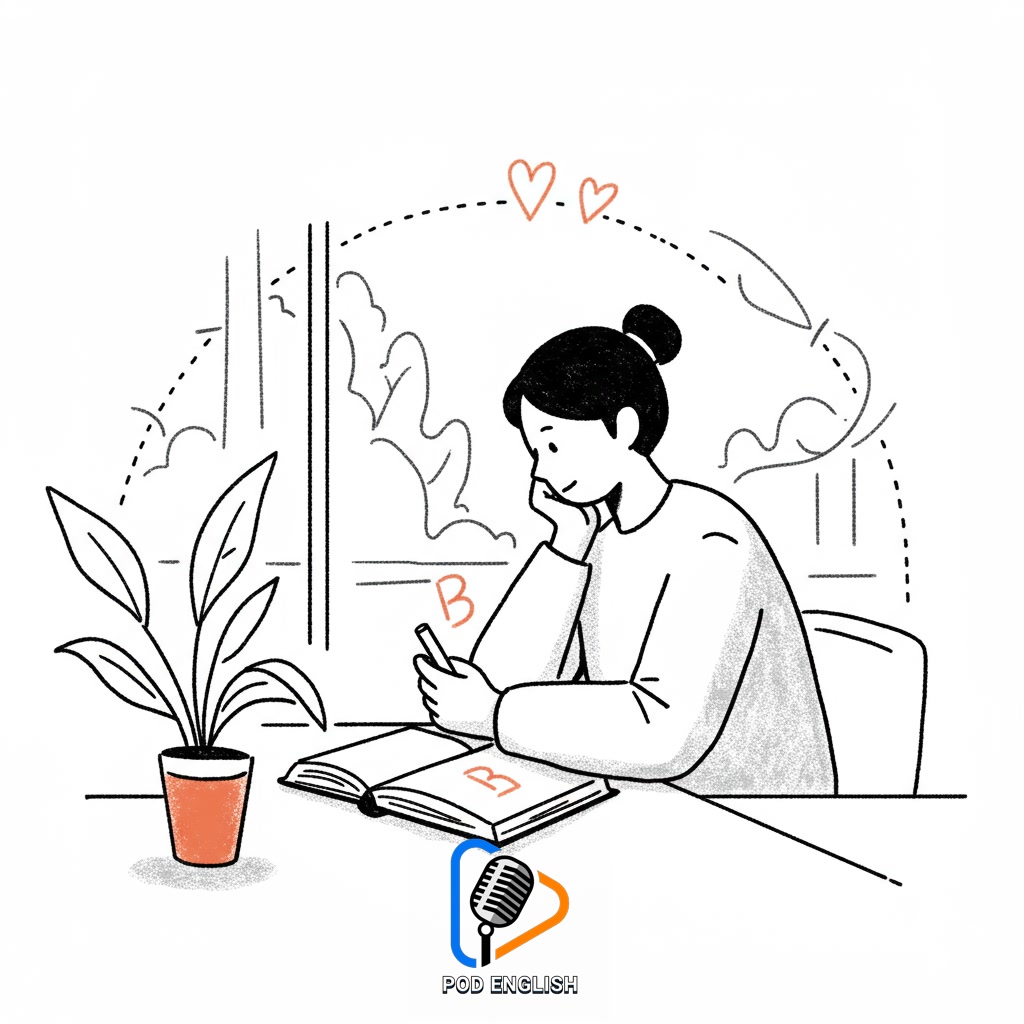Learn English
Reflect Your Way to Better English

This content delves into how consistent self-reflection serves as a powerful method for enhancing proficiency in English. By critically reviewing one’s language use and study habits, individuals engaged in learning english can pinpoint strengths and areas needing development. This introspective approach allows learners to tailor their practice, leading to more effective progress. Ultimately, integrating reflection into your routine can significantly contribute to achieving better English communication skills.
Table of Contents
- Section 1: Understanding Reflective Learning for English
- Section 2: Why Reflection Boosts Your English Skills
- Section 3: Practical Methods for Reflecting on English Practice
- Section 4: What Aspects of English to Reflect On
- Section 5: Integrating Reflection into Your English Learning Routine
- Section 6: Sustaining Your Reflective English Learning Journey
Section 1: Understanding Reflective Learning for English
Understanding reflective learning is the foundational step in using it to enhance your English skills. At its core, reflective learning involves consciously thinking about your learning experiences. For English learners, this means pausing to examine your study methods, your practice sessions, and your actual use of the language in real situations. It’s about asking yourself questions like: What did I learn effectively today? What did I find difficult and why? How did I feel when speaking English? By deliberately reviewing these moments, you begin to identify patterns in your learning, pinpoint areas where you excel, and uncover specific challenges you face. This process isn’t about self-criticism, but about gaining clear insight into your personal English learning journey. This self-awareness is key to making informed decisions about how to adjust your approach and truly make progress.
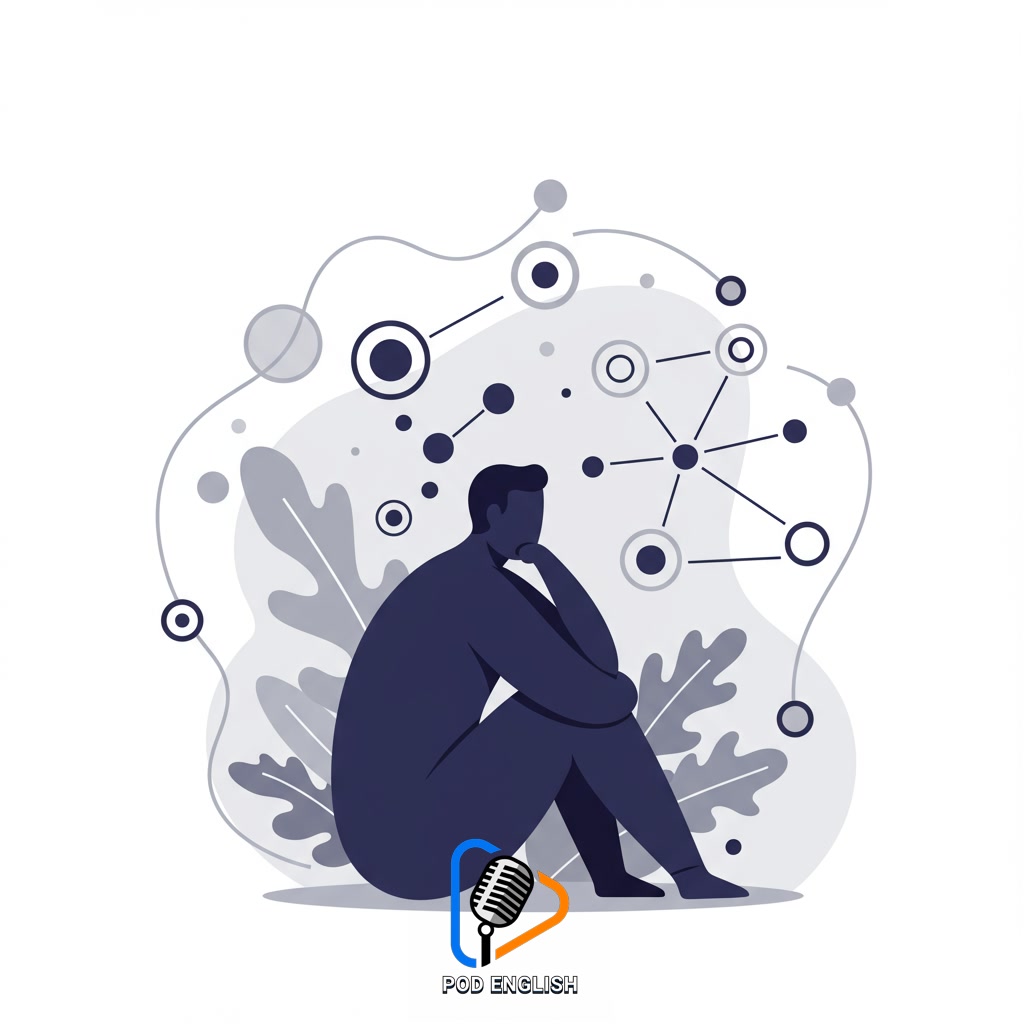
Section 2: Why Reflection Boosts Your English Skills
So, why does actively thinking about your learning make such a difference for your English skills? It’s because reflection turns passive learning into active improvement. Instead of just moving from one lesson to the next, you pause to examine what you’ve learned, how you learned it, and where you struggled. This self-assessment helps you pinpoint specific areas needing attention – maybe you consistently mix up verb tenses, or certain vocabulary just won’t stick, or pronunciation is tricky. By identifying these precise challenges through reflection, you can then tailor your study methods. You can spend more time practicing those weak spots, find different resources, or adjust your approach. This targeted practice is far more effective than generic study, leading to faster progress and a deeper understanding of the English language. Essentially, reflection provides the feedback loop you need to continuously refine your learning strategy and accelerate your journey to better English.
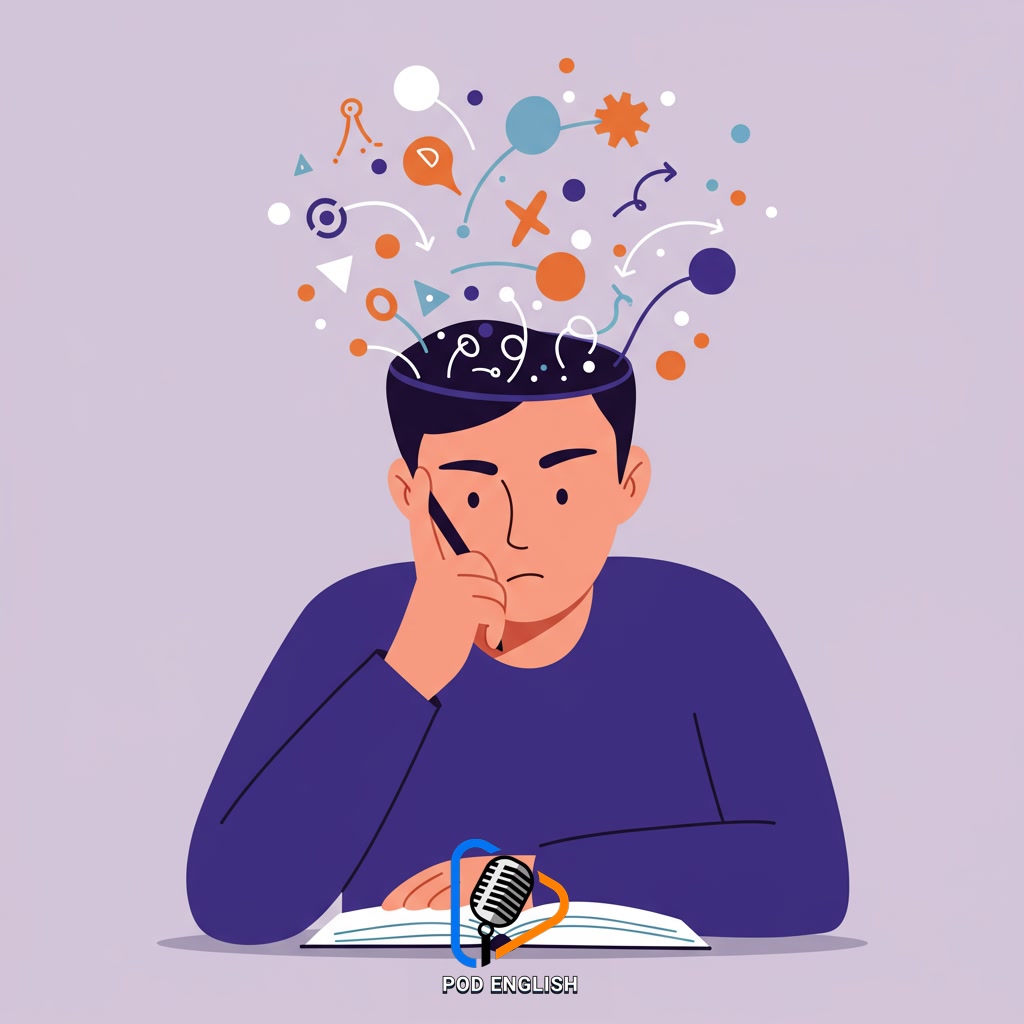
Section 3: Practical Methods for Reflecting on English Practice
Now that you understand *why* reflection is key, let’s explore *how* to actually do it effectively. Practical methods include keeping a dedicated English learning journal where you jot down new words, tricky grammar points, and, crucially, your thoughts on your progress and difficulties. After a speaking practice session or writing task, take a few minutes to review: What went well? What mistakes did you repeat? What did you struggle to express? Regularly asking yourself these specific questions helps pinpoint areas for improvement. Another method is to reflect on your study habits – which techniques are helping you most? Which ones aren’t? Use these insights to adjust your study plan. Consistent, specific reflection is the bridge between practice and real improvement in your English skills.

Section 4: What Aspects of English to Reflect On
Building on the idea of using a journal or other methods, let’s focus on *what* specifically in your English learning journey you should turn your reflective gaze upon. Don’t just think about *how much* you studied, but *what* you learned and *how* you used it. Consider your vocabulary: Did you encounter new words? How did you try to remember them? Reflect on your grammar: Were there specific structures you struggled with or mastered? Think about your communication skills – speaking, listening, reading, and writing. What went well during a conversation or when reading an article? What challenges did you face? Also, critically examine your study habits and motivation. Identifying patterns in your learning process – what works and what doesn’t – is crucial. By breaking down your English skills and learning process into these specific areas, your reflection becomes targeted and actionable, leading to more effective practice and improvement.
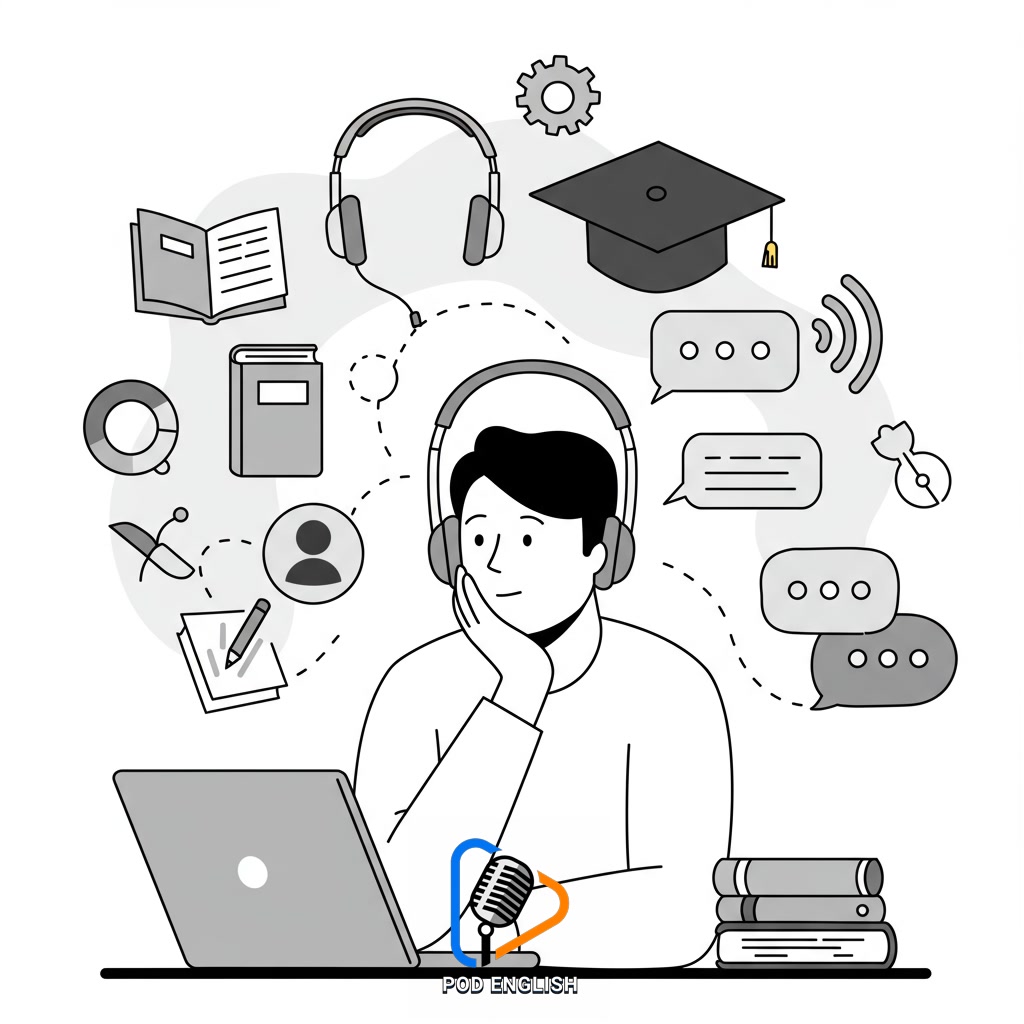
Section 5: Integrating Reflection into Your English Learning Routine
Making reflection a regular part of your English study isn’t complicated; it’s about building a simple habit. Think about setting aside just 5-10 minutes at the end of a study session or even your day. Use this time to quickly review what you learned, what you found difficult, and what went well. Consider using a simple checklist or a few guiding questions in a notebook or digital document. The key is consistency, not duration. By making this brief review a routine, you create a loop where learning informs reflection, and reflection guides your next steps, making your study time far more effective and targeted.
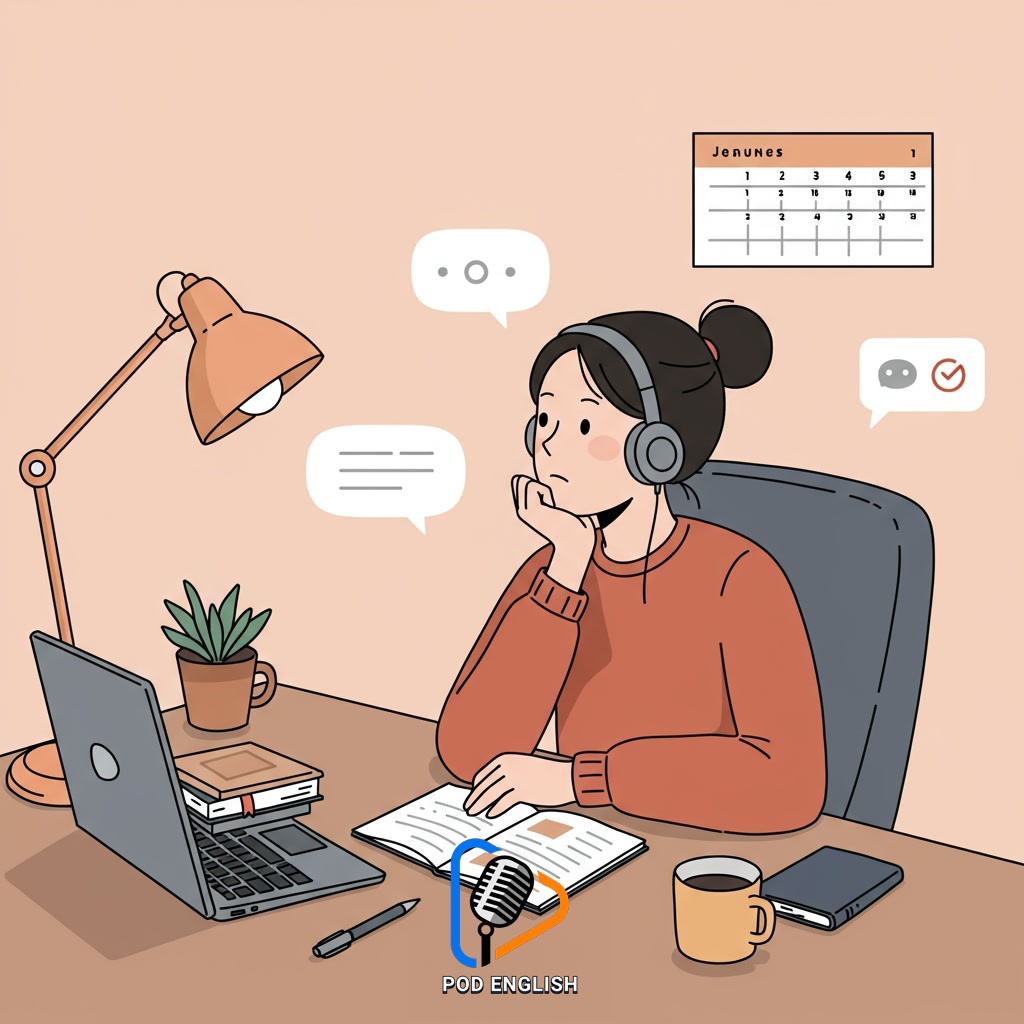
Section 6: Sustaining Your Reflective English Learning Journey
To sustain this valuable reflective practice, try integrating reflection into different parts of your routine beyond the initial study session. Perhaps keep a small notebook or a digital note for thoughts that arise right after a conversation, a listening exercise, or reading. Periodically reviewing your past reflections can be incredibly insightful; it reveals patterns in your learning journey and clearly shows you how far you’ve come, which is a great motivator. Don’t feel limited to just writing; reflection can also involve thinking quietly during a commute or discussing your learning experiences with a study partner or tutor. The key to sustaining this habit is consistency, finding methods that genuinely work best for your personal learning style, and viewing reflection not as an extra task, but as an essential, ongoing tool that helps you learn English more effectively and purposefully over the long term.
